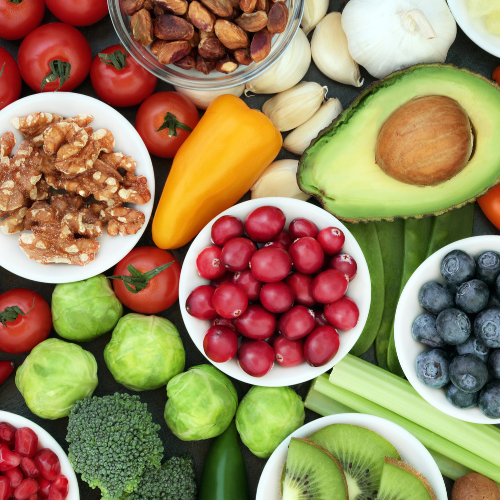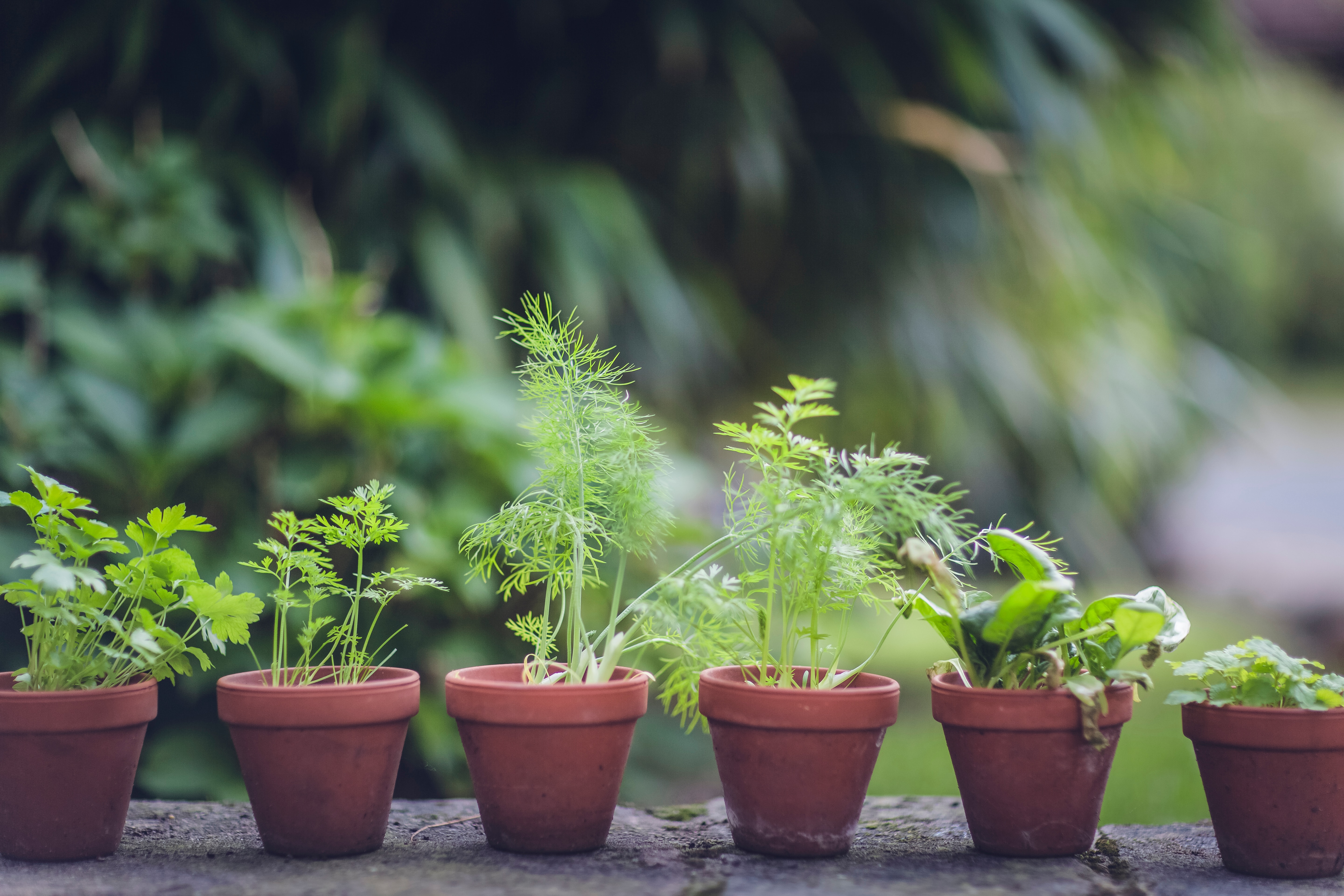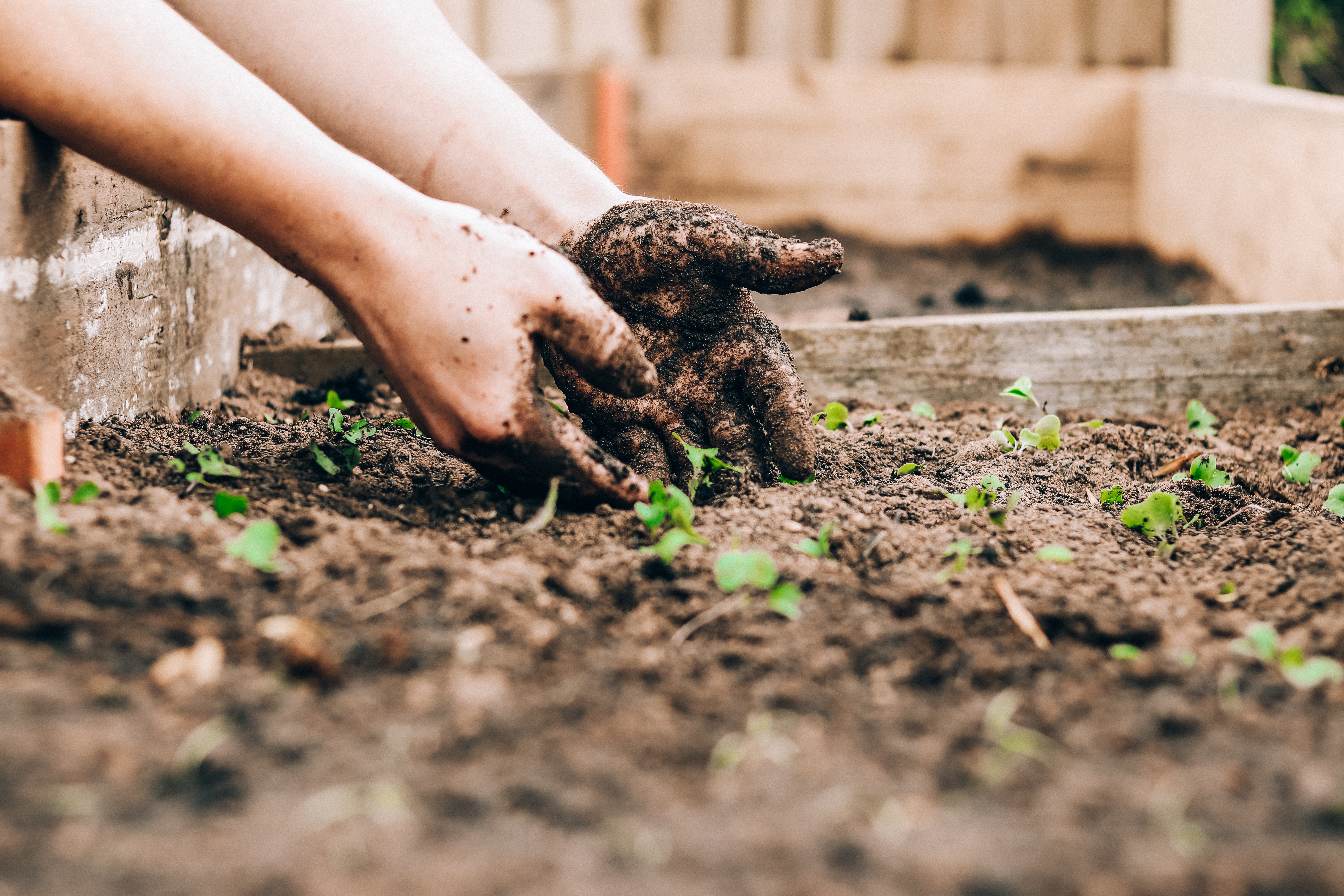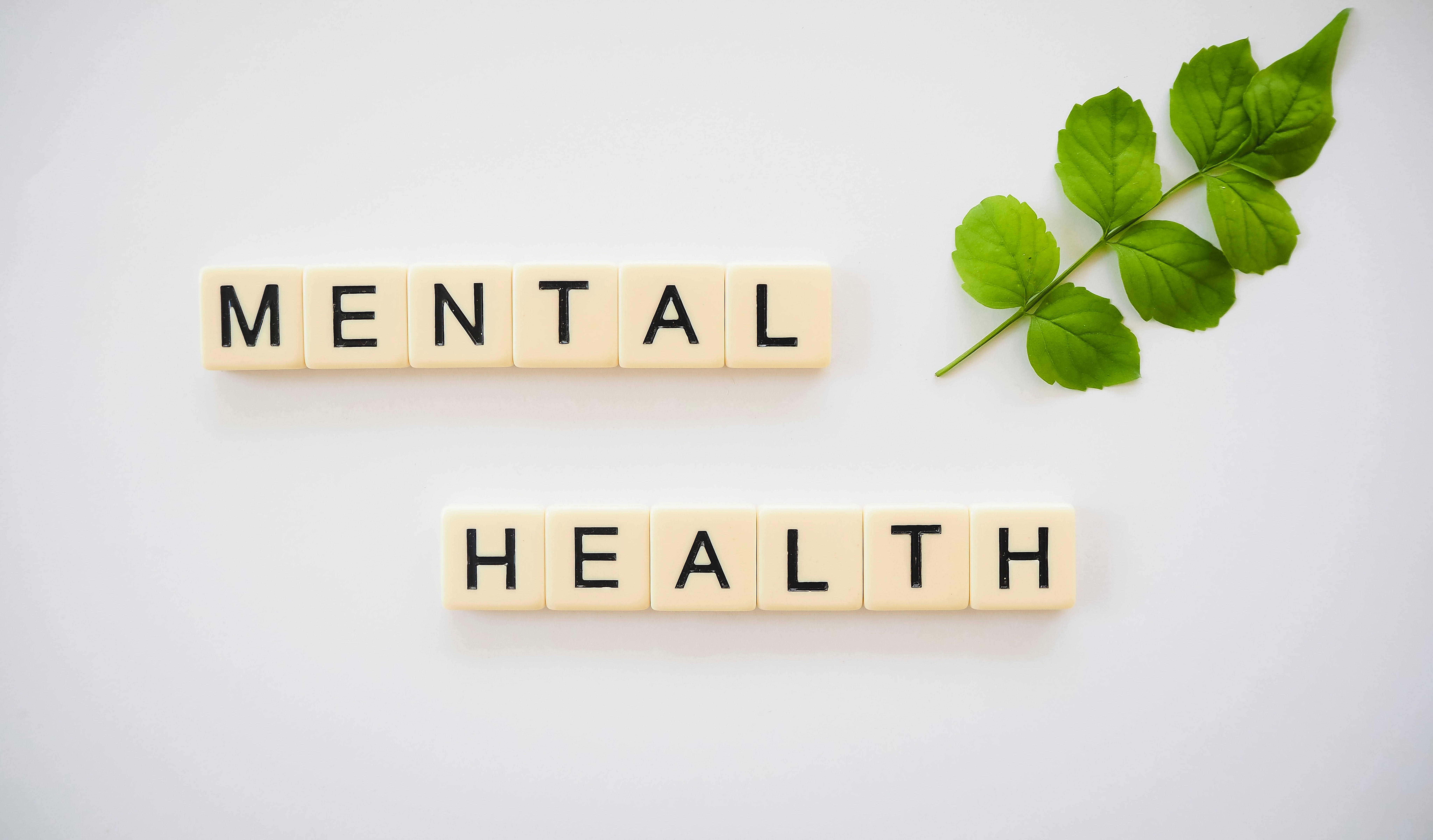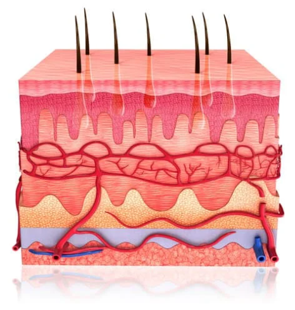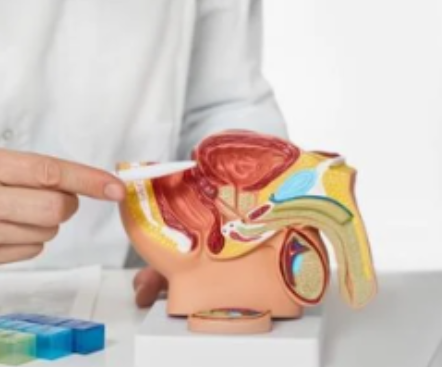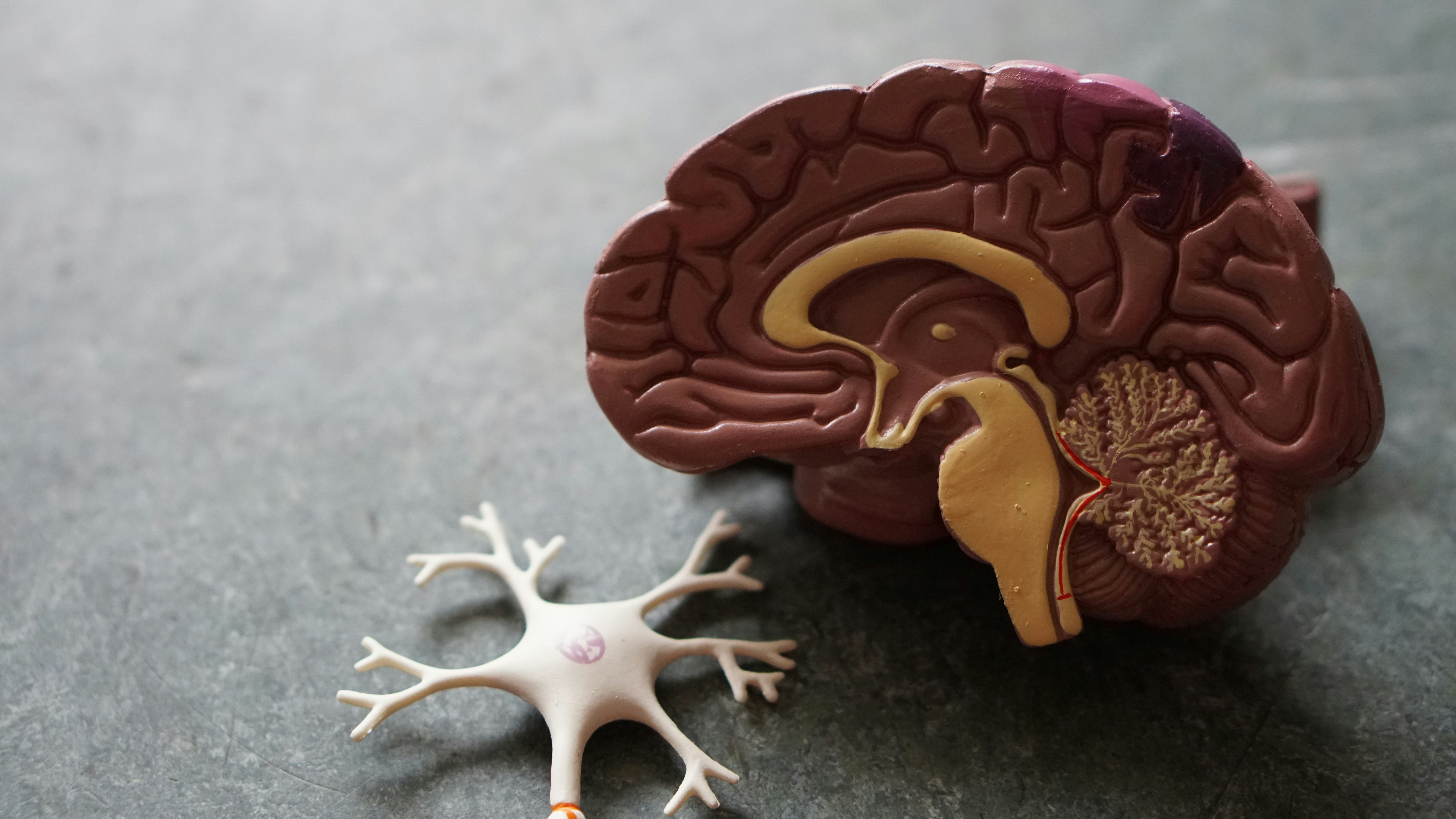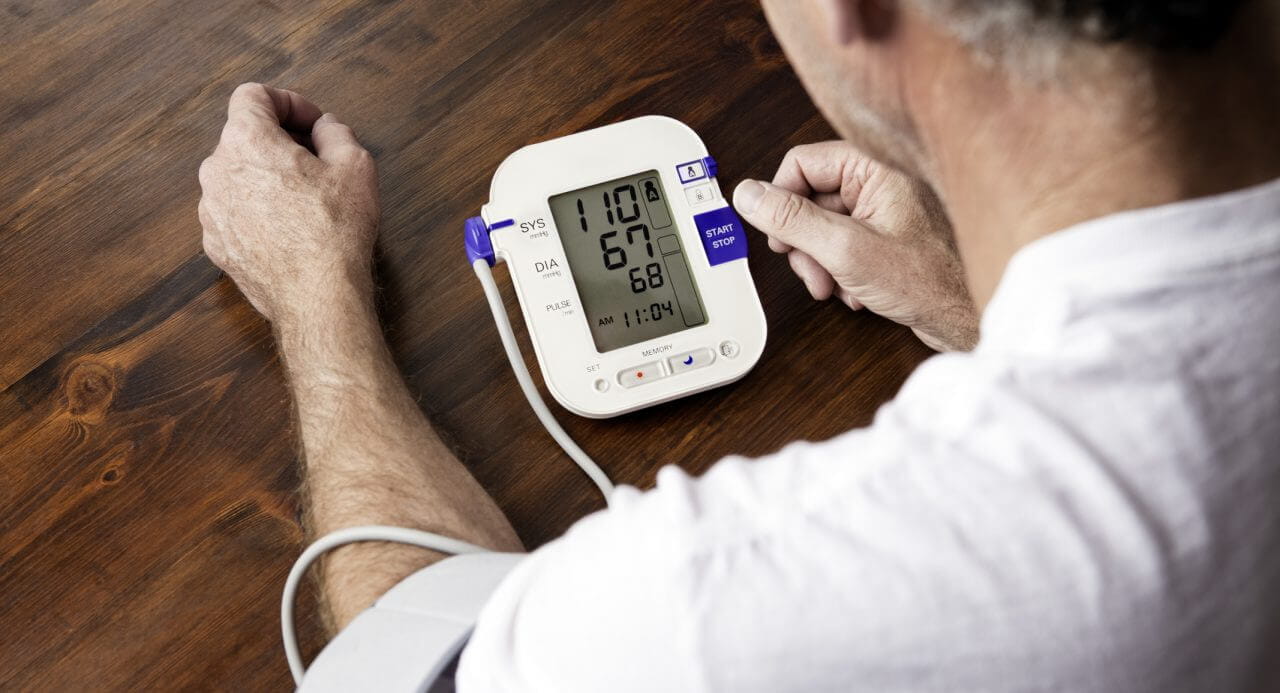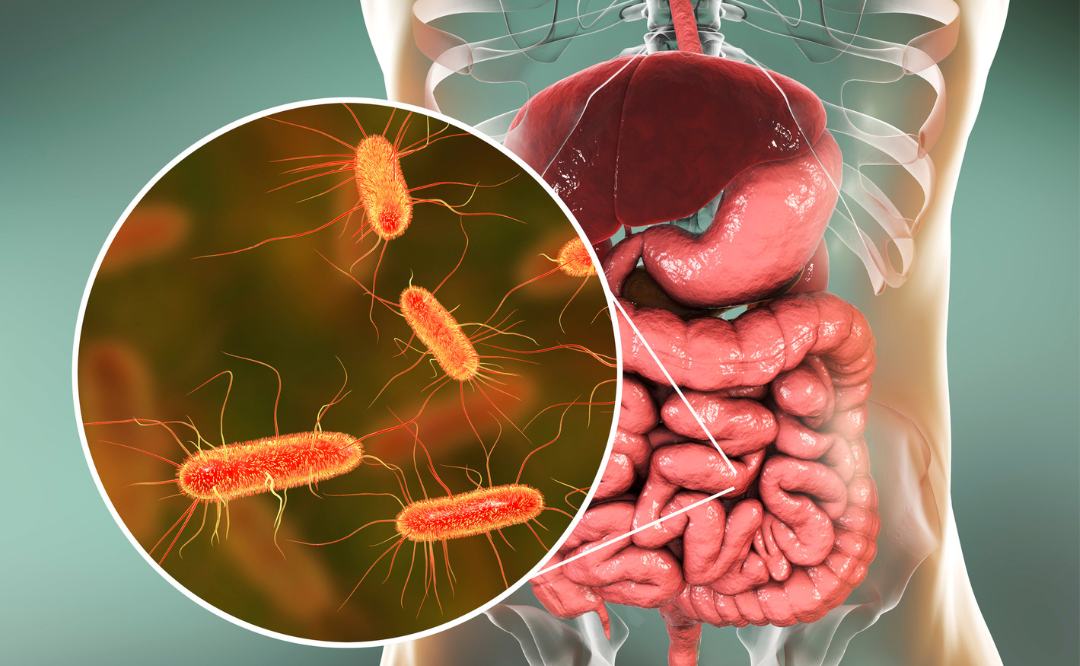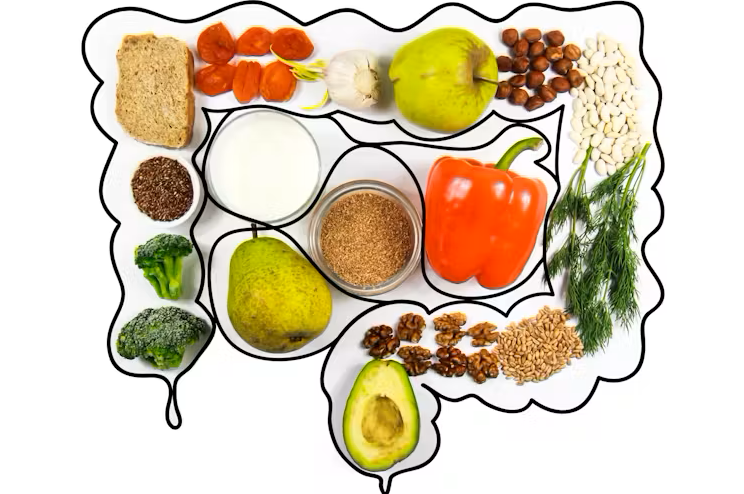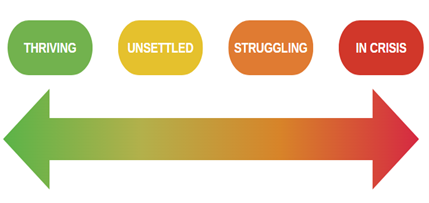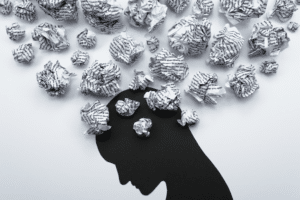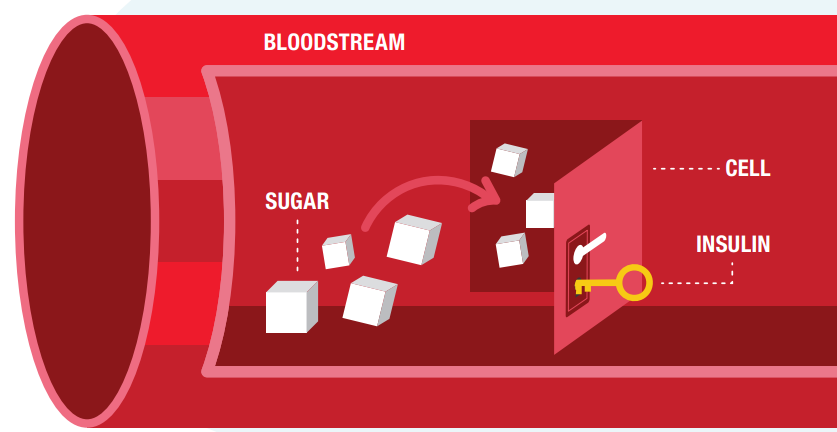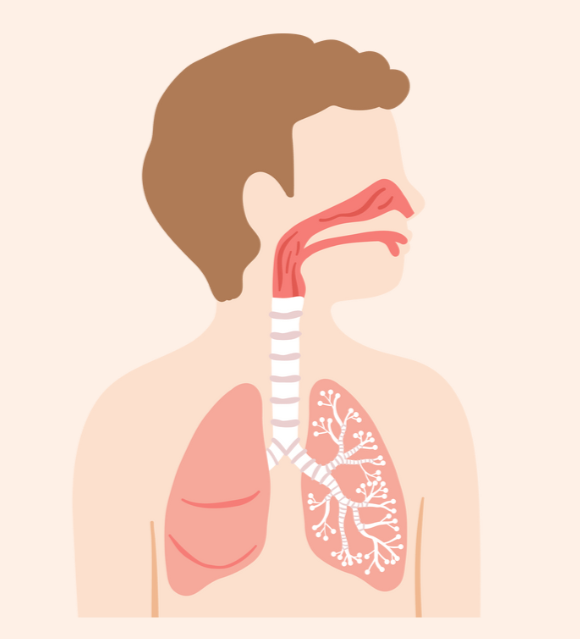
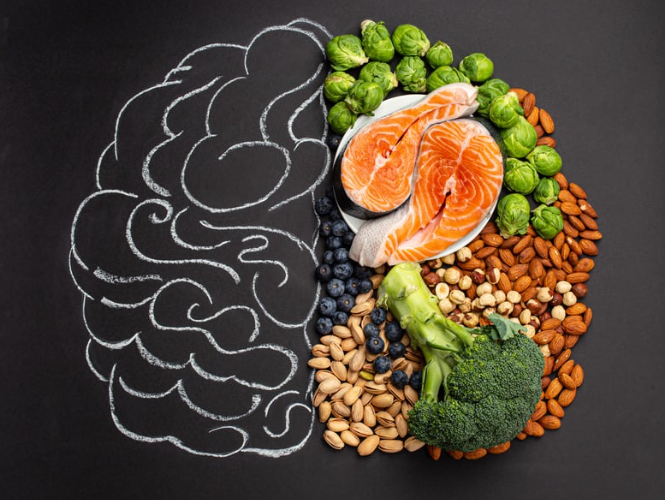
Have you ever had a “gut feeling” about something? Or felt “butterflies” in your stomach before a big moment? It is not just your imagination – it is your brain and gut having a real conversation. Welcome to the world of the brain-gut connection, where your digestive system and your emotions are more closely linked than you think.
Your Second Brain
The nervous system is a complex messaging system which sends messages back and forth between the brain and the rest of the body. The gut and the brain are so connected that the gut has its very own nervous system, called the enteric nervous system. This system contains over 100 million nerve cells and has even been referred to as the “second brain.” The enteric nervous system does not just digest your lunch – it communicates with your brain to influence mood, stress levels, and even the way you think.
It is important to remember that this messaging system travels in both directions. This two-way street means that mental stress can wreak havoc on your gut (think nausea before a big presentation). Digestive issues like irritable bowel syndrome (IBS) can also send signals back to the brain, contributing to anxiety or depression. In fact, IBS and mood disorders often show up together, creating a frustrating loop of symptoms. This connection helps explain why people with no obvious digestive diseases can still experience stomach pain, bloating, or changes in bowel habits when they are under pressure.
Even more fascinating? This communication is so powerful that treatments like cognitive behavioural therapy (CBT) and certain antidepressants can improve gut symptoms by calming the nervous system. We can thank a powerful neurotransmitter called serotonin for this effect. Most antidepressant medications work by increasing our serotonin levels. Almost all the serotonin in our bodies is created in the gut! Serotonin not only positively impacts mood, but you guessed it, it also helps with digestion. If the enteric nervous system were a sports team, serotonin would probably win the most valuable player award.
Nourish Both Minds
So, what does this mean for your day-to-day life? Take your gut health seriously. Eat a balanced diet, manage stress, and stay physically active. Your gut is not just digesting food – it is helping regulate your mood, memory, and more.
Understanding the brain-gut connection helps break the stigma around digestive and mental health. It also encourages a more holistic approach to wellness, where caring for your body and mind go hand-in-hand – literally from your head to your stomach. Continue checking health articles throughout the month of May for a deeper dive into mental health.
Written by Elena Davakis, Health Promotion Coornidator




















